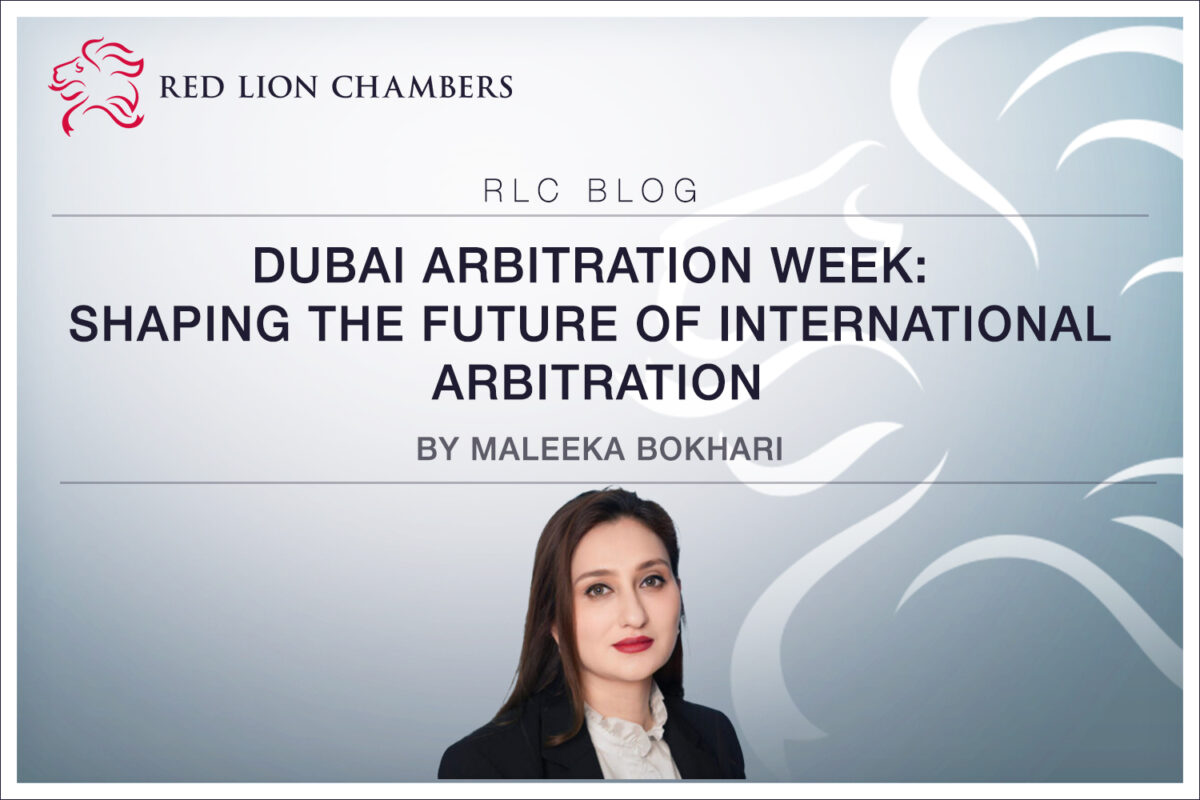
When I began my Bar Vocational Course at the age of 21, I imagined my career at the Bar would revolve around arguing complex criminal cases before a jury. Yet, as life often does, my path shifted. I moved to a jurisdiction where I had the opportunity to serve in public office, undertake international work, reform laws, and gain exposure to cross-border disputes.
After ten years abroad, I returned to the Bar of England and Wales and commenced my tenancy at Red Lion Chambers. I was determined to build a practice that combined my foundation in domestic criminal law with my international experience. This led me across the Middle East including Dubai, Riyadh, Qatar to reconnect with colleagues and develop a regional disputes practice.
Attending Dubai Arbitration Week was a natural step in this journey. Held annually, and this year from 10–14 November, it is one of the most significant global gatherings in the field. It brings together practitioners, arbitrators, businesses, and policymakers, fostering discussion on emerging trends and best practices while strengthening Dubai’s role as an international arbitration hub.
Throughout the week, I attended sessions that directly enhanced my developing international arbitration practice. These included the DIAC Symposium, panels on “Developments in Arbitration in 2025,” discussions on regional court support, award enforcement across the GCC, and an overview of the DIFC’s evolving litigation framework. I also joined session’s on cross-border investigative tools, and practical guidance on arbitrating in the Middle East.
These engagements built on my experience as Pakistan’s Representative at the Permanent Court of Arbitration (2019–2020) and reinforced my commitment to developing a modern, globally connected practice that bridges my public-international background with my work at the Bar of England and Wales.
As the Bar Council’s International Practice Information Pack explains, barristers entering the international legal market must combine core advocacy skills with strong business development, cultural awareness, and compliance with cross-border regulations. While advocacy, tenacity and the ability to interpret complex legal issues remain at the heart of a barrister’s skillset, international practice increasingly requires strong relationship-building and cultural awareness.
For anyone seeking to establish or grow an international disputes practice, learn more about Dubai Arbitration Week here and here

